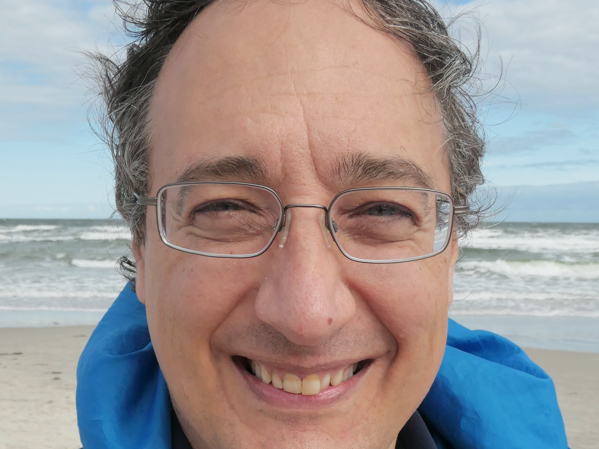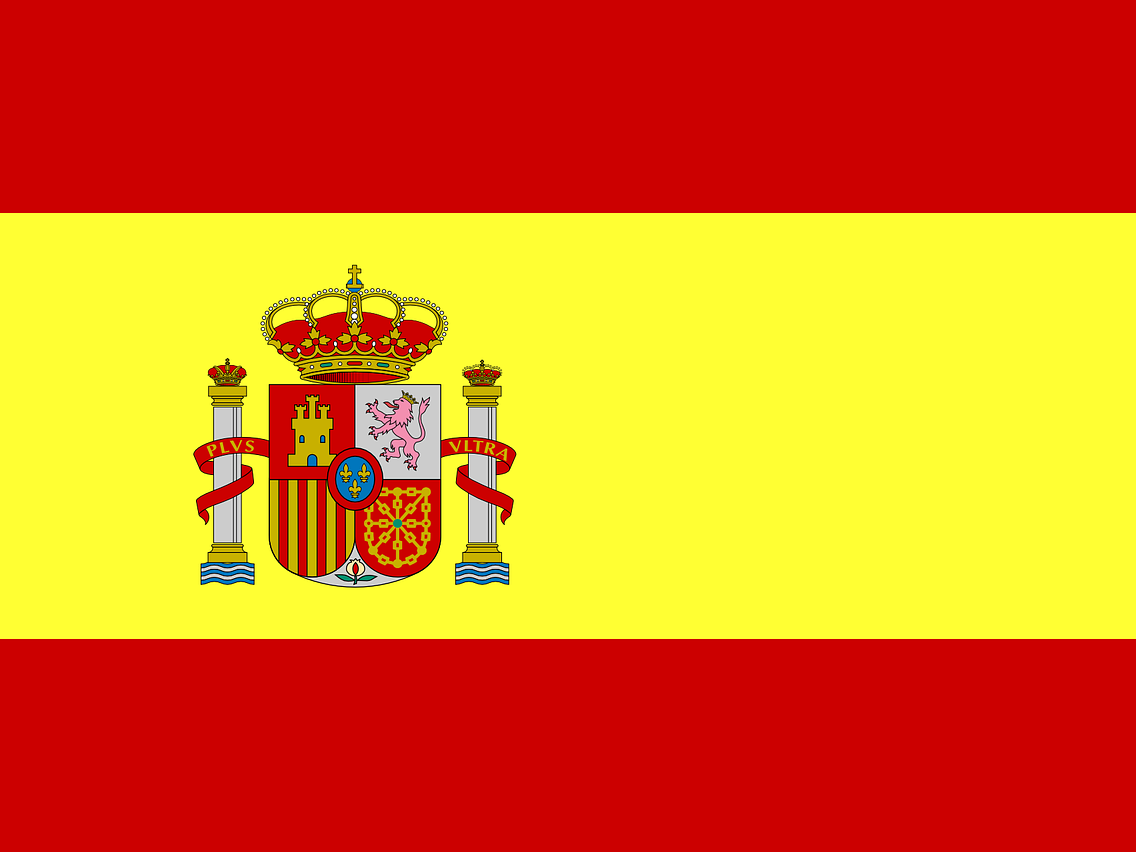MSc Neurosciences
Neurosciences are among the most fascinating disciplines of the life sciences and are becoming increasingly important for medicine, digitalization and technology development. They combine concepts and methods from biology, physics, chemistry, informatics, engineering, medicine and psychology. Neuroscience research has a tremendous impact on our society, since it deals with the functioning and malfunctioning of the brain – the organ that governs our thinking, feeling and our behaviour.
Why studying Neurosciences in Bremen?
The linking of experimental approaches with theoretical concepts and their transfer into application makes the Bremen Neuroscience Master’s program outstanding.
In winter term 2023/2024, the program will be expanded by adding new modules from computer science and computational neuroscience, and by integrating them into the high-profile area Minds, Media and Machines at the University of Bremen. In order to create the prerequisites for this, students choose at the end of the first semester to take either the Laboratory Animal Sciences or Advanced Programming course according to their interests and abilities, which prepares them for specializing in either experimental or computational neuroscience.
Contact & General Information

Agnes Janßen
ajanssenprotect me ?!neuro.uni-bremenprotect me ?!.de
phone +49-421-218-62000
Cognium - Hochschulring 18
Universität Bremen
28359 Bremen
Profile of the Master Program

You will learn to apply some of the current neuroscientific research methods from molecular biology, optogenetics, synthetic biology, electrophysiology, medical imaging and neurophysiology. In specific theoretical and practical modules you will acquire the ability to analyse and interpret multivariate data and biosignals, and the knowledge to model neural systems and perform computer simulations.
Close collaboration of the Master program with the departments of Physics/Electrical Engineering (FB1), Computer Science/Mathematics (FB3), and Psychology (FB11) allows students to extend their skills to various fields in applied neuroscience such as brain-computer interfaces, bio-inspired hardware and software solutions, and neurotechnology research.
The individual modules are designed in such a way that they not only impart theoretical knowledge, but also to demonstrate application possibilities in practice.
Program Coordination


Your Competences upon Graduation from Neurosciences
Graduates
- are able to understand and apply current neuroscientific research methods from the fields of molecular biology, optogenetics, synthetic biology, electrophysiology, medical electrophysiology, medical imaging and neurophysiology.
- are able to apply methods for measuring neurophysiological data on different time scales (data acquisition) and methods of influencing neuronal activity (neurostimulation).
- can analyse multivariate data (programming, statistics, central concepts of 'machine learning') and concepts of 'machine learning') and interpret biosignals (electrical activities of neurons obtained with calcium imaging or voltage-sensitive fluorescent proteins or the BOLD signal).
- can identify and analyse neuronal circuits via local networks up to the interactions between brain areas.
- can critically analyse ethical questions raised by new methods in Neurosciences
- know information-processing mechanisms of the brain and their pathologies.
- know the connection between systemic properties of the brain and cognitive information processing processes, and recognise cognitive performance and behaviour as a direct consequence of well-defined neural information processing information in the brain.
- can hypothesise about neural mechanisms or systemic correlates underlying cognitive processes, formulate them, operationalise them, formalise them mathematically and thus make them testable.
- can create models of neuronal circuits and networks, and either analyse them mathematically or implement them in a computer simulation.
- can adapt models to physiological data sets (fit).
- can independently plan, carry out and present research projects.
- can communicate research approaches and results in an interdisciplinary environment.
- can successfully collaborate in an interdisciplinary manner (division of labour and data sharing, application/combination of methods from different disciplines).
- can give talks and present posters
- are able to communicate their research in public outreach projects
Quotes from Previous Master Students

Marcel aus Deutschland
"When looking back on my time at the MSc Neurosciences program, I always cherish it as an invaluable experience and an important step in my career. One of the key aspects that I appreciated was the interdisciplinary variety of subjects taught. This broad exposure to topics, including computational neurosciences, neuropharmacology, neuropsychology, and clinical neurology helped me to develop a well-rounded understanding of the neuroscientific field and thus to narrow down my specific research interests.
Additionally, the practical approach to learning was a crucial factor in my academic journey, as it allowed me to delve deep into different scientific methods and laboratories in Bremen and abroad, providing me with a solid foundation for academic research. The lectures were often intimate and personal, thanks to the small group of students put together for the program.
The program offers competent and inspiring professors and the enriching international atmosphere provides with the opportunity to connect with people from all around the world, which was invaluable for me in terms of my academic pursuits, and my personal growth.
Overall, the knowledge I gained from this program has been instrumental during my PhD and in my current position as a postdoc and enabled me to approach scientific problems from multiple perspectives. I would highly recommend this program to anyone looking to gain a comprehensive scientific training in neurosciences and to pursue a successful career in this field."

Irina aus Russland
"The program covers a whole range of neuroscience and was for me the right mix of theory and practice. Coming from a non-neuroscience/biology background, I found the first semester modules very useful in not only closing all sorts of gaps in my knowledge but also narrowing down my interests before selecting advanced modules and lab rotations. For practical courses, it is a great variety of labs and projects to choose from. The teaching is designed in a very interactive way and everyone is very helpful and accessible. I enjoyed my time in the program and, being skeptical about going into research in the beginning, was convinced to try it out and do a postgrad afterwards."

Shilpa aus Indien
"The Neuroscience program is one of the most comprehensive master programs taught by some of the most experienced professors. It helped me hone my analytical skills which prepared me for my interdisciplinary PhD program."

Perancha aus Spanien
"The Neuroscience program delivered exactly what I expected and more: A wide and comprehensive outlook on every field of neuroscience, complemented by the many practical experiences I had the pleasure to take part in. The lectures were just general enough to be approachable even for students without specific biological or computational background, while still being interesting and challenging for those that did have previous studies in the topic.
The practical courses allowed me to discover skills and passions that I never knew existed, and helped me realise the extent of our training and the possibilities for future work and research. Ultimately, the Master in Neuroscience lead me to pursue a PhD in Cognitive Electrophysiology (a topic that I never imagined I would be working on during my Bachelor), and which I am now extremely excited about.
Most importantly, the interdisciplinary background and cooperation of the students made it an unforgettable experience. In this program, my peers were all talented, insightful scientists that helped each other and proposed different points of view to every problem. Our different academical backgrounds and nationalities made every exchange extremely interesting, and I learned from them as much as I did from our Professors. They are nowadays still friends, colleagues and researchers whose findings and careers I am looking forward to.
I cannot recommend this Master program enough!"
